Informed consent is vital when collecting medical records, says expert
ON SEPTEMBER 1, 2021, NHS Digital will collect General Practice data for Planning and Research (GPDPR) in England.
According to the NHS Digital website, the data will be used to “support a wide variety of research and analysis to help run and improve health and care services”. The data will also be used “to understand whether the health and care system as a whole is working for patients”.
In line with information governance policies, the data collected will both be pseudonymised and then encrypted before it leaves an individual’s GP practice. Data will only be shared with organisations who have a legal basis and meet strict criteria to use the information for local, regional and national planning, policy development, commissioning, public health and research purposes.
The data collection was delayed following public backlash and concerns1 raised by the British Medical Association (BMA) and the Royal College of GPs (RCGP). Even though the BMA and RCGP were “supportive of the principles of the new collection in promoting data sharing for appropriate purposes and centralising oversight and safeguarding”, they have formally expressed “concerns about the lack of communication with the public regarding the GPDPR programme”.
Originally, patients had until Wednesday (23) to opt out of sharing their private GP medical records, but given the backlash, it would seem that most were not even remotely aware of the plans. It is important to note that patients can still opt out of having their data share by registering via the Type 1 Opt-out2 or a National Data Opt-out3, or both.
The NHS Digital leadership rightfully highlighted the benefits that collecting this data can have on patient care4.
As health care is becoming more digitalised, the sharing of data is more important than ever before. Video calling clinicians and health care apps are no longer the future, but our present. Covid-19 has also accelerated the adoption of some of these new technologies and new ways of working.
There are many health conditions which disproportionately affect ethnic minorities, including coronary heart disease, diabetes, prostate cancer and Covid-19. Data collection for research and new technologies can help to reduce the inequalities seen in these and other conditions.
During a visit to an optician recently I also discovered that one of the eye scans took my age and ethnicity into consideration to make sure nothing relevant to me as a middle-aged black African man was missed. This was a reminder and example of how data can be used to provide better care for all.
While the NHS Race and Health Observatory (RHO) supports the principles and rationale behind the data collection, we initially had concerns around the proposals not being widely known or shared across inclusive platforms for diverse communities, including those who may need translations. In the run-up to the original proposed opt-out date, we became aware of details on the programme being shared via social media platforms.
Where there is a lack of awareness and information over public health messaging, this can lead to additional confusion if individuals are not aware or do not receive timely communications. The case of the failed Care.data plan eight years ago is a case in point. The public in general, and ethnic minorities in particular, need to be fully aware of the benefits of data collection; be informed of what options are available to opt out and given sufficient time to do further research and decide on their preference.
Even though the Covid-19 pandemic has disproportionately affected people from an ethnic minority background, the vaccine uptake among ethnic minorities remains significantly lower than that of people from a white background.
Research by Healthwatch exploring vaccination confidence among people from African, Bangladeshi, Caribbean and Pakistani backgrounds living in the UK found that “at the root of the problem are institutional mistrust and misinformation – and that is what the healthcare sector and policymakers need to address. Addressing mistrust and misinformation about NHS programmes could also help reduce health inequalities at a local level.”
Research by the London School of Hygiene & Tropical Medicine looking at factors influencing uptake of Covid vaccines found that “refusal is higher among health and social care workers who feel pressured by their employers”.
The NHS must show it has learned lessons from the vaccination programme and give people from ethnic minority backgrounds time to make informed decisions, instead of pressuring them. It will help to rebuild the trust that has been eroded by decades of unequal experiences and outcomes for people from an ethnic minority background. It is critical that people are not only informed through trusted channels, but also be given time to consent or decline to their medical information being shared. It is important that such a wide-ranging programme is accompanied by the right public-facing messages that are culturally sensitive and inclusive.
This is also an opportunity for the NHS as a whole to start addressing the issue of ethnicity coding in these data sets. The recently published research by the Nuffield Trust, in collaboration with the RHO, looked at ethnicity coding in English health service datasets. It found that there is still much more work to do to improve the quality of ethnicity coding in health care records5. Using incomplete or inaccurate data might have an adverse impact when trying to understand and reduce health inequalities.
The RHO is willing to work with all those involved in the patient data opt-out programme to develop appropriate information and to share it.
References:
1. www.rcgp.org.uk/-/media/Files/News/rcgp-bma-letter-gpdpr.ashx?la=en
2. digital.nhs.uk/your-data/opting-out-of-data-sharing
3. www.nhs.uk/your-nhs-data-matters/manage-your-choice/
4. www.digitalhealth.net/2021/05/nhs-digital-announces-new-primary-care-data-collection-service/
5. www.nhsrho.org/wp-content/ uploads/ 2021/06/Nuffield-Trust-Ethnicity-coding_WEB.pdf




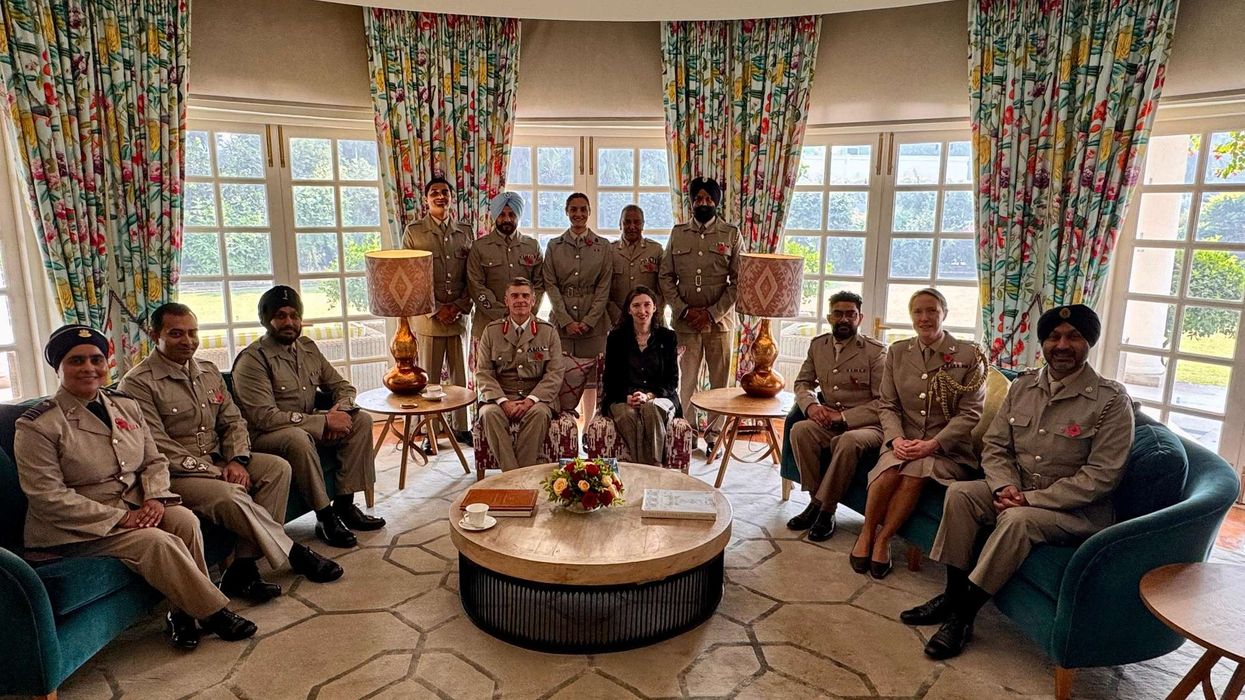
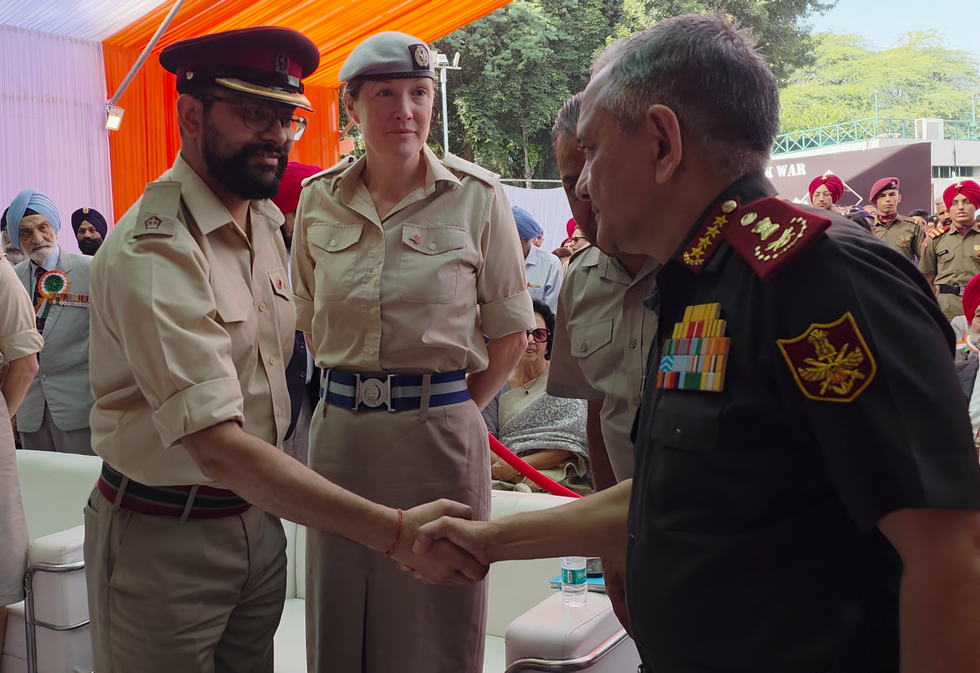

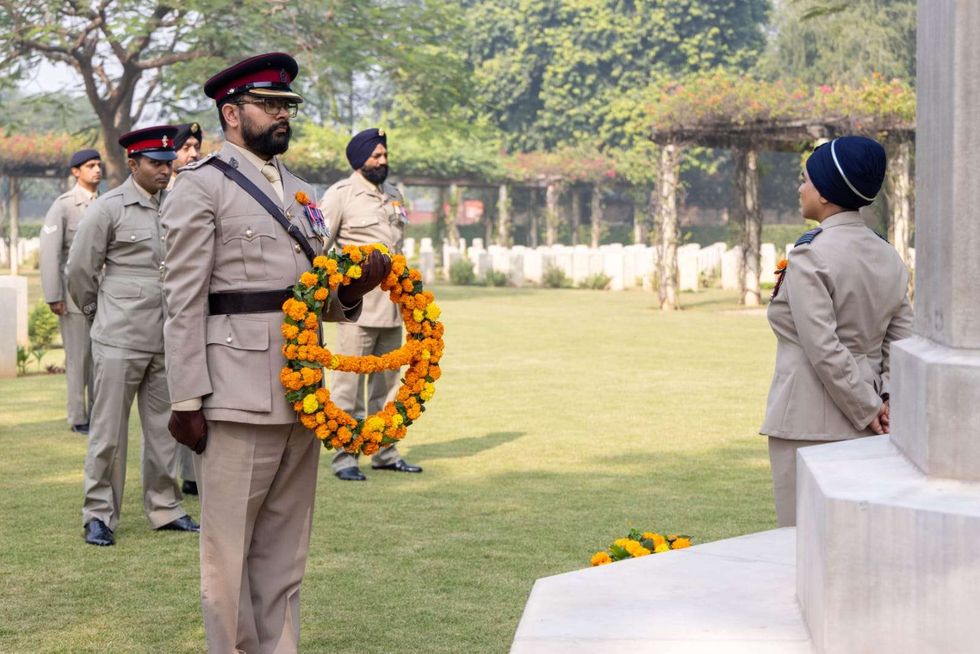
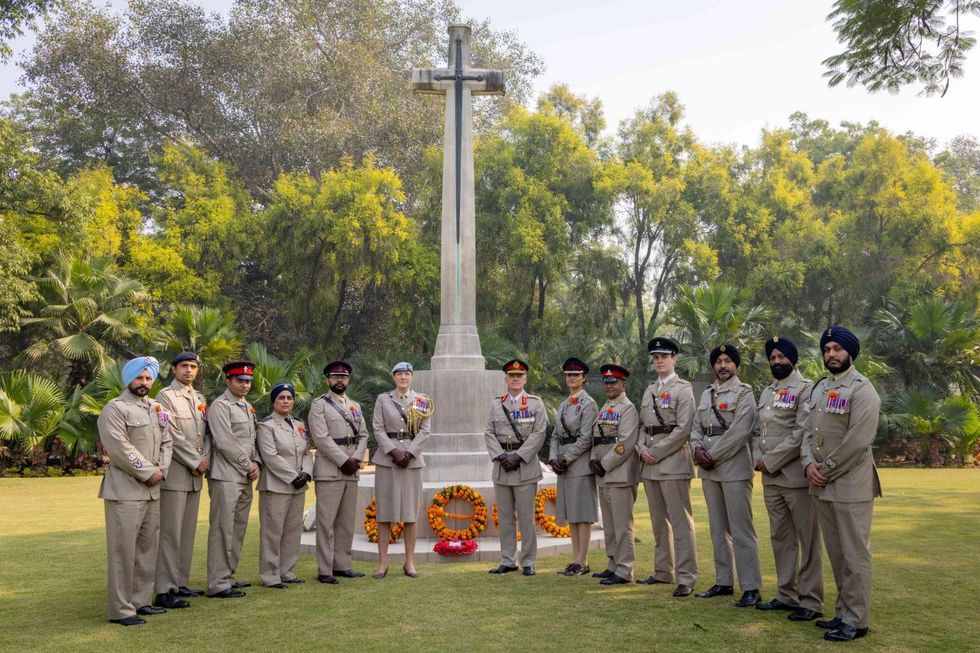
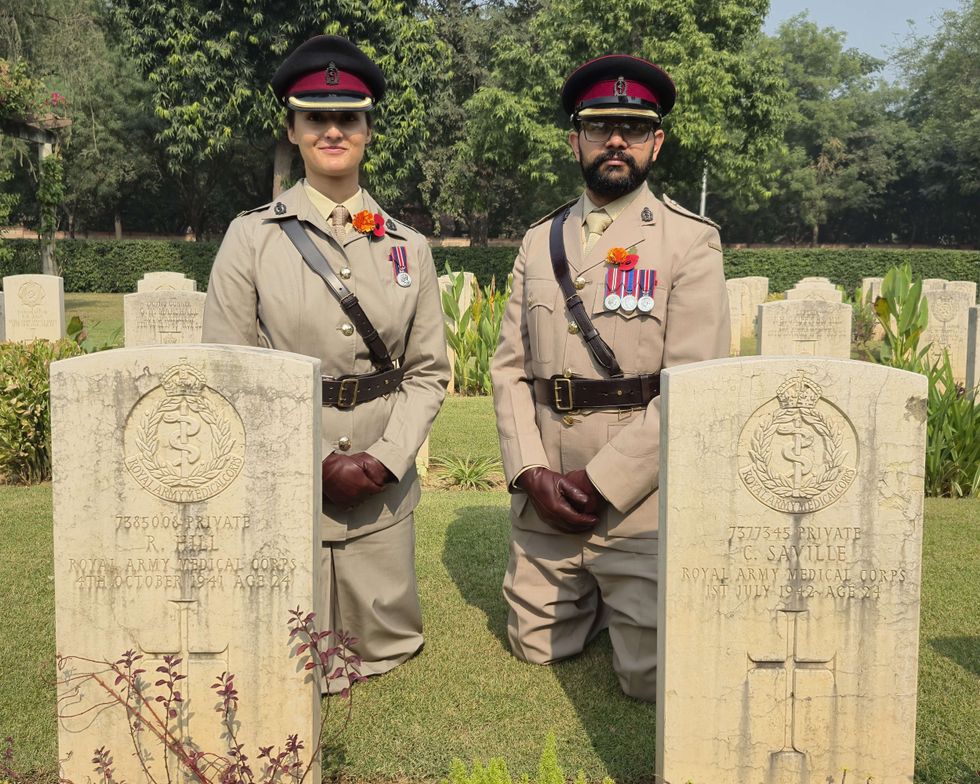







'Give patients data choice'